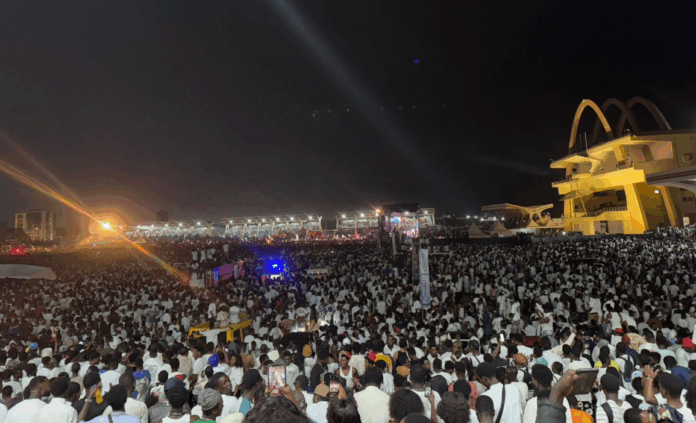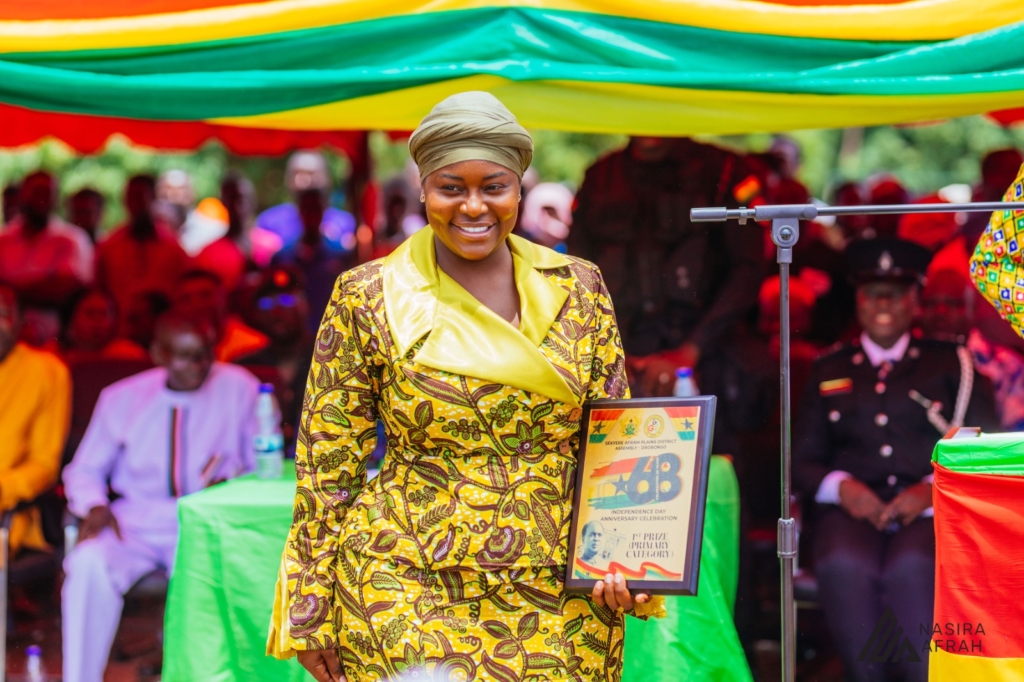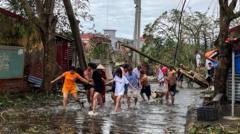In response to increasing deforestation and attacks on its field staff, the Forestry Commission of Ghana is deploying additional personnel from its Rapid Response Unit to support the police and military task force in forest reserves. This strategic move aims to curtail illegal chainsaw activities that are devastating Ghana’s forests. Ghana’s deforestation rate is among
The post Forestry Commission trains more field staff to combat illegal chainsaw activities first appeared on 3News.
In response to increasing deforestation and attacks on its field staff, the Forestry Commission of Ghana is deploying additional personnel from its Rapid Response Unit to support the police and military task force in forest reserves.
This strategic move aims to curtail illegal chainsaw activities that are devastating Ghana’s forests.
Ghana’s deforestation rate is among the highest globally, trailing only Togo and Nigeria. Annually, an estimated 135,000 hectares of forest cover are lost in Ghana. Historical data indicates that about 60% of Ghana’s forest cover, equivalent to approximately 2.7 million hectares, has been depleted since 1950.
Experts warn that if current trends continue, Ghana’s forests could be entirely depleted within the next 20 years.
The alarming deforestation rates and persistent illegal activities have prompted the Forestry Commission to bolster its efforts.
Nyadia Suleman Nelson, Deputy Director of the Commission, highlighted the necessity of protecting forest guards who are vital in the fight against illegal chainsaw operations.
“Persistent attacks on our field staff are undermining our efforts. Deploying more Rapid Response Unit members is crucial to support our guards and deter illegal activities,” Nelson stated.
At a ceremony held on July 2, 2024, at the 64-infantry regiment, 70 new Rapid Response Unit members were passed out, adding to the 1,034 personnel trained since 2017.
These recruits are expected to play a pivotal role in combating illegal mining and forest degradation, which remain rampant issues.
The Forestry Commission emphasized the critical role of the Rapid Response Unit in safeguarding Ghana’s natural resources. He noted that the unit’s deployment in Mole National Park is part of a pilot scheme, with plans to expand the initiative nationwide following its success.
As Ghana faces severe deforestation threats, the Forestry Commission’s enhanced Rapid Response Unit is a critical step towards reversing this trend.
By increasing the number of trained personnel and collaborating with other security agencies, the Commission aims to protect the remaining forest reserves and ensure the sustainability of the country’s biodiversity.
The post Forestry Commission trains more field staff to combat illegal chainsaw activities first appeared on 3News.



















